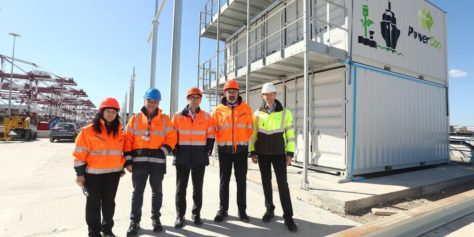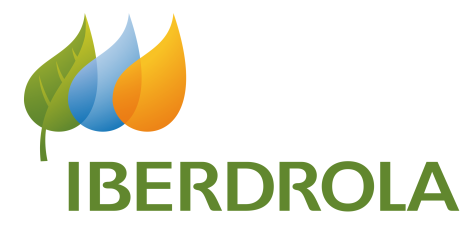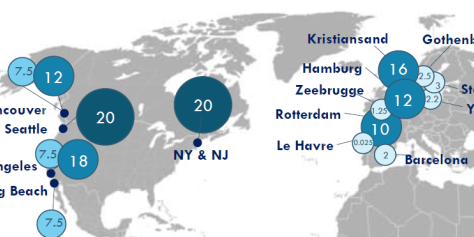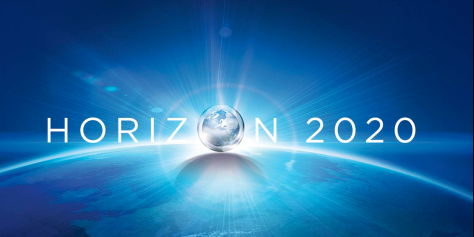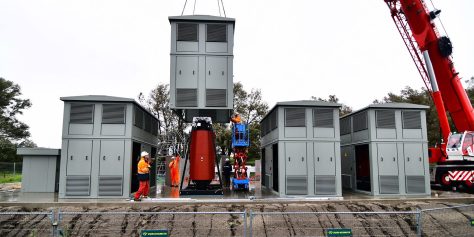The arrival of the BEST terminal OPS marks the beginning of the countdown to connect the first container ships next July. The Port of Barcelona holds meetings with several shipping companies to plan the arrival and connection of ships equipped with connections for OPS
The alliance aims for Spanish industry to take advantage of the opportunities offered by the fight against climate change. The new collaborative platform aims to promote specific projects and bet on innovation and technology for the electrification of docks and ships. The objective of Net-Zero MAR is to position the Spanish maritime industry as a leader in reducing emissions in ports and in the use of alternative fuels to decarbonise maritime transport.
The Power2ship working group of the World Ports Climate Action Program (WPCAP), led by the port of Barcelona, has created an interactive tool, through Google Earth, to learn about dock electrification projects around the world or that are in development. This application provides updated data to help make land power solutions or onshore power supply (OPS) solutions a reality to other ports interested in implementing them and systematizes the necessary information on these sustainable facilities for international shipowners.
The objective of the CHEK project (deCarbonising sHipping by Enabling Key technology symbiosis on real vessel concept designs), is to reduce emissions from maritime transport through the integrated use of forms of energy and low-carbon technologies. These include the use of hydrogen fuel, wind power, electric batteries, heat recovery, air lubrication, and new antifouling technology. Development work on how to design and operate ships is also included.
Regarding maritime transport services, a third of the ports have facilitated the supply of LNG. In parallel, more than half of the ports that responded offer shore power supply (OPS) and a growing number of ports (57%) offer differentiated quotas for vessels that go beyond the regulatory standards, with air emissions
The Municipality of Rotterdam and the Port of Rotterdam Authority are working together on the joint rollout of shore-based power for sea-going vessels in Rotterdam. By 2030, they want a significant share of sea-going vessels to 'plug in' once they have moored along one of the port's quays. This will allow them to power down their diesel generators while berthed - good news for local air quality and the vessels' carbon footprint. Over the next five years, the partners will be initiating a series of projects that are intended to accelerate and scale up the adoption of shore-based power. Depending on the experiences gained in these projects, the Municipality and the Port Authority may adapt their targets in this area in 2025.

